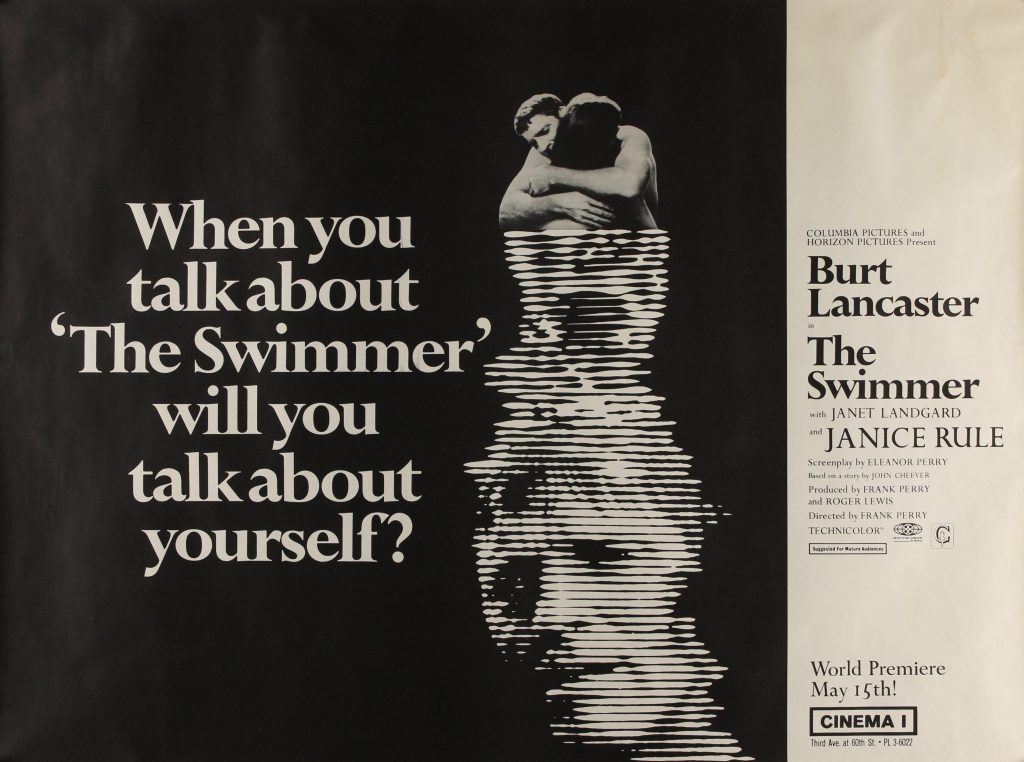Twenty-two years old and already an exhausted Hollywood veteran, Judy Garland was worn out by the grind of making musicals and had asked MGM for a smaller project, something more manageable. Stories don’t come much simpler than 1945’s The Clock. Scripted by Robert Nathan and Joseph Frank, it’s a slim wartime romance about a naïve young soldier on a two-day pass to New York City who meets the girl of his dreams on a Penn Station escalator. The two fall in love – first gradually, then suddenly – spending the last hours of his leave in a frantic scramble to get married before he’s shipped off overseas.
Before you can say Before Sunrise – or Brief Encounter, which came out the same year as The Clock – it’s already clear to us that this is indeed another of those swoony love stories in which a chance meeting changes the characters’ lives forever. (Hell, it’s probably the prototype.) The film’s named not just after the gargantuan clock at the Astor Hotel under which these two have their first date, but also for the metaphorical ticking down of their precious moments together before he’s sent away to WWII. Everything in the film is so scarily, pressingly finite.
It’s also a musical – in spirit, if not execution. Judy Garland doesn’t sing, but she might as well, because The Clock is full of big, boldly emotional scenes constructed like soundstage extravaganzas in which the lovers reveal their innermost feelings to each other in overheated confessions. It’s the first non-musical directed by Garland’s then-beau and future husband Vincente Minnelli, who coordinates the teeming Times Square and New York City subway stations as choruses for the characters. One simply doesn’t see straight dramas so expressionistic and intensely stylized as this one, his camera sailing over hordes of extras and capturing such a pulsating sense of big city life the film is commonly mistaken as being filmed on location when in actuality it was all shot on the MGM lot. (Minnelli was brought in at the star’s behest to replace original director Fred Zinneman, who did not get on well with Garland.)
The young corporal is played by Robert Walker, still a few years away from talking Farley Grainger into swapping murders in Hitchcock’s Strangers on a Train. Here he’s playing a country boy dumbstruck by the big city, too frightened at first to even venture very far out of Penn Station without a guide. He’s constantly waxing rhapsodic about his smalltown Indiana home, yet Walker has an unstable energy about him, vibrating at frequencies a bit off from a character scripted as simple. This proves an ideal match for his co-star, as Garland also always had her own form of fluttering, neurotic intensity going on. Taken together, they’re both what kids today would call a little *extra* for the tale, playing perfectly into Minnelli’s heightened atmospherics and allowing us to understand exactly why these two strangers would be so hell bent on getting hitched after only knowing each other for a few hours.

Contrary to films from the period that so often depicted New York City as Sodom and Gomorrah, Minnelli’s Manhattan is a colorful, generous one, populated by a charming cavalcade of bit characters and throwaway roles that make indelible impressions. (Watching it, one can’t help but be reminded of Jonathan Demme’s old axiom that whoever you cut to is temporarily the star of the movie.) In a May 1945 issue of TIME magazine, James Agee described the director as “taking infinite pains to invent minor bits of business with anonymous individuals and groups. No man in the business gets more satisfactory results.” It’s cute but never cloying, even when our couple comes to the rescue of an injured milkman and assists him in completing his early morning route.
The Clock’s most memorable scene is a showstopper revealing Minnelli’s musical roots, with Walker and Garland alone in Central Park late at night, listening intently to the sounds of the city. What had been background noise slowly blossoms into a symphony, seemingly driving the characters into each other’s arms for one of the most romantic first kisses in all of movies. The scary flipside of that sequence comes when the lovers are separated in a crowd while attempting to board the subway. Minnelli manipulates the throngs of passengers like malevolent kick-lines of chorus dancers.
The film was a modest hit but not a smash like Garland’s musicals, and she wouldn’t attempt another non-singing role until Judgement at Nuremberg in 1961. In all honesty, I feel like the annoyingly nondescript title is part of what keeps The Clock from being as well-remembered as it rightfully should be. It’s an emotional experience far more vivid and intense than the seemingly slight storyline might suggest, always infused with the creeping dread of Walker’s inevitable departure as the Kafka-esque bureaucracy of marriage licenses and blood tests agonizingly eats away at what little remains of their time together. We all know that our love stories are eventually going to end, but few know from the outset exactly when.
“The Clock” is currently streaming on the Criterion Channel.



